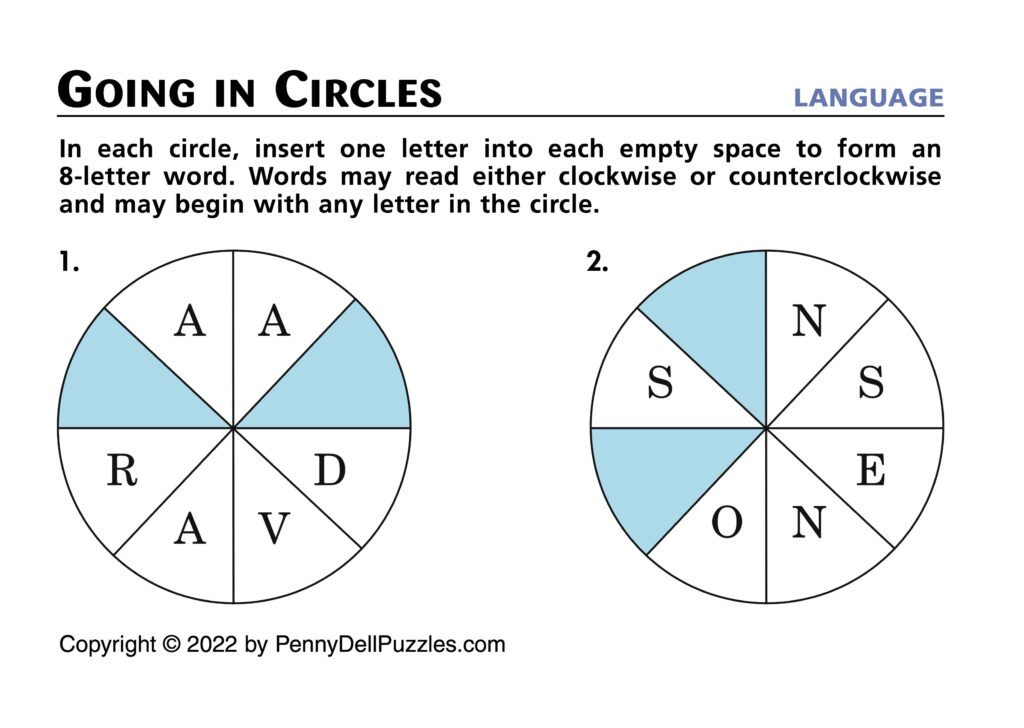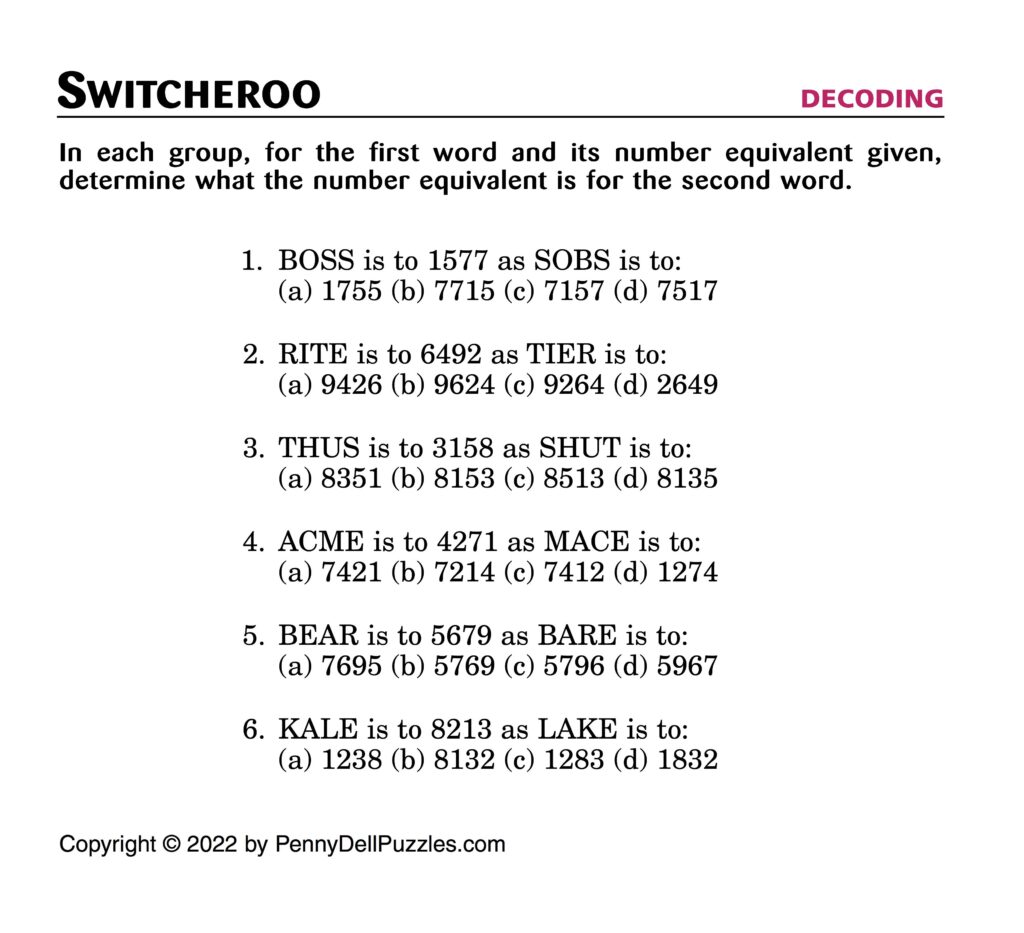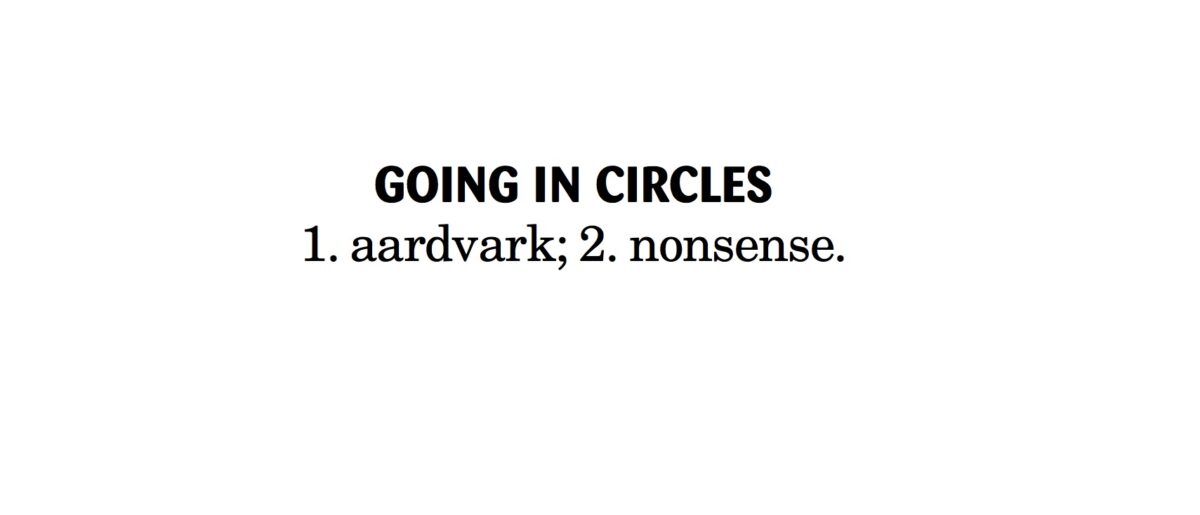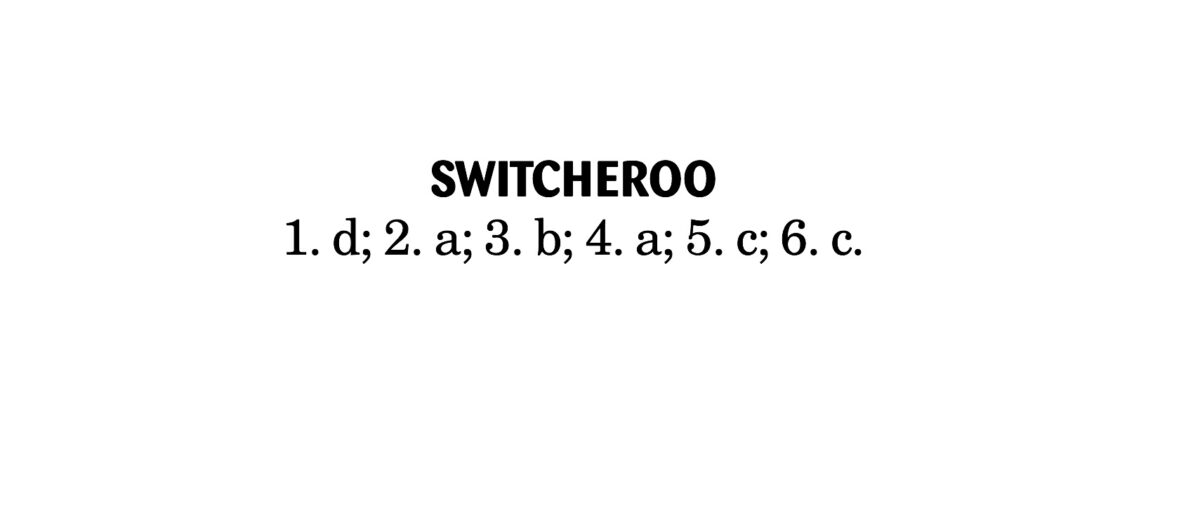Word games have always been super popular — from crossword puzzles to the Jumble. But they’re really having a moment with the latest word game craze that’s swept the country: Wordle.
Wordle is a simple five-letter-word guessing game created by New York software engineer Josh Wardle. The game went viral, going from 90 users in late 2021 to millions around the world today.
If you love word games and are on social media, chances are good that you’re already obsessed with Wordle. Why? The game appeals to our competitive human nature and always leaves us wanting more since you can do only one puzzle per day, according Psychology Today.
Word games force us to rack our brains to come up with words we may seldom or never use. Sometimes, these games teach us new words and send us running to the dictionary (or our word-lookup app). Word games are fun because:
- We get an “a-ha” moment when we hit on the right word.
- We build our vocabulary and become better communicators.
- And, best of all: we get to feel smart when we win.
But there are even more benefits to word games. These puzzles may actually make our minds sharper. Research shows that adults over 50 who did word puzzles frequently performed better on 14 different cognitive measures than those who played these games less often or never.
The study looked at over 19,000 healthy adults ages 50 to 90-plus and how frequently they did word puzzles, from “more than once a day” to “never.” The study then examined their results on cognitive tests that covered these mental skills:
- Focused attention
- Sustained attention
- Information processing
- Executive function
- Episodic memory
- Working memory
“The frequency of word puzzle use is directly related to cognitive function in adults aged 50 and over,” the researchers concluded. “Future work needs to determine whether engaging in such puzzles can favorably influence cognitive trajectory with age.”
Are you a Wordle fan who wishes you could do more than one puzzle a day and wants even more of the mental benefits of doing word puzzles frequently? We’ve got two brain teasers for you to try: Going in Circles and Switcheroo.
Up First: Going in Circles
In Going in Circles, you get two circles divided up like a pie. Some of the “slices” contain a letter, while others are blank. You need to fill in the blanks to create a word. The tricky part: the word can go in either direction, so you need to try both ways.

Think you’ve got it figured out? Click here to reveal the answer.
Want More? Try Switcheroo
In Switcheroo, you get a four-letter word (no, not that kind!) and the word’s numerical equivalent. You’re then given a second word, created by rearranging the letters from the first word. Your task: come up with the new number that corresponds to the second word.

How’d you do? Click here to check your answer.
Did you indulge your love of word puzzles (and exercise your brain) with Going in Circles and Switcheroo? Leave a comment and tell us how often you do word puzzles. Do you feel that doing word puzzles helps keep your cognitive skills sharp?









These puzzles make staying with Hartford worth it.
Very interesting
At First… it Was hard to figure out what was wanted.
Once that issue was resolved, the puzzles were simple.
Thank You
I love these brain teasers, I generally play word search. Where can I find these puzzles?
Richard – You can find other brain teasers here on Extra Mile. We’re so happy to hear that you enjoy them!
enjoyed!
I got 100% on both puzzles. I don’t do puzzles on a regular basis, but I do off and on. I like doing crossword puzzles and also fairly moderately difficult Sudokus. I also enjoy doing word search puzzles and time myself on these to see how fast I can do them. Puzzles are supposed to keep the mind or cognitive skills sharp, so I hope by my doing them at age 75, it will accomplish this.
Great games. Love the challenge which I agree helps with keeping my brain sharp.
Enjoyed the puzzles. Tried doing them without putting on paper. Doubled the challenge. I’m in my 80’s and these help keep me sharp. Thanks
Love these games! I aced them. And yes, I do believe that playing these types of games increases my brain power!
Loved the Switcheroo since I’m a numbers gal. In going in circles, I got the second one right away. The first one threw me since double vowels are just wrong IMHO.
Got them, I enjoy word games like crypto quotes at 101 years of age. Been doing them for several years.
I play Wordle every day and love the challenge. Also, play Spelling Bee every day. These 2 word games were fun. Got 1st word but missed 2nd, but did get all of second game :-). Keep them coming !
I do word games often. I’m not all that good at it but love the challenge. I definitely feel that word games help sharpen my cognitive skills because I learn new ways to see and think about the solution which, in turn, helps me to “think outside the box.” Thanks for these fun games, I enjoyed them!
When i see puzzles i always try them ! I got one of the Going in circles an all of the switcheroo
I loved both. I do word puzzles for one hour at least twice a week. I think that word puzzles helps you to think clearer and more logical.
Yes, I enjoy word puzzles, etc. I do think they help my cognitive abilities and I enjoy the challenges.
Enjoyed both challenges!
kale—lake no correct selection
The puzzles were challenging and fun to do. I’m always looking for something like these. Crosswords are something I do, daily. Changing my focus keeps the gray matter healthy.
Enjoyed these puzzles…..got them right! I do word puzzles daily in the morning paper. Keeps the brain cells dusted!
Makes me feel intelligent!
Love these puzzles! Not good with the words but good and fast with the numbers.
I love these brain teasers In your emails! They are different than the ones I normally see and are a good challenge. Thank you for including them in your emails.
We’re so glad you enjoy the brain teasers, Judy!
I play word games on a daily basis and enjoy trying new ones too.
I REALLY LIKE THESE 2 TYPES OF TEASERS. I AM 84 YEARS OLD.
OMG! First word puzzle I ever completed and got them all right! Serious identity shock. I’m 78 and ALWAYS thought I couldn’t do these. Thanks!!
Fun!
These were fun and I would enjoy seeing more like them. However I am really “hooked” on Sudoku. Don’t know how much it helps my aging (84yrs) brain but once I start a book I have to finish it — lol.
Word games and puzzles are great for the mind. I enjoy doing at least two crosswords a day and some online games.
I really enjoyed these. I never heard of either of these games.
Do several word puzzles a day including wordle and quordle. Am convinced they help. Liked these two games.
Great, love these. Thanks.
Excellent! Needed the break in regular stuff!
Love word games. Play wordle and scrabble every day. Please give this old gal more like these two.
I did both puzzles and got them right. but the Switcheroo took more time because my mind isn’t as agile at 82 as it was at an earlier age.
More of these would be appreciated.
Meh. I’ll stick with crossword puzzles.
Love these, especially decoding.
Keep them coming.
We’re so glad you enjoy them, Nita!
Having TBI (Traumatic Brain Injury), I did have to check the answers first, cuz was at a loss on how to play games, but it was clarified.
Keep ’em coming! I love the variety.